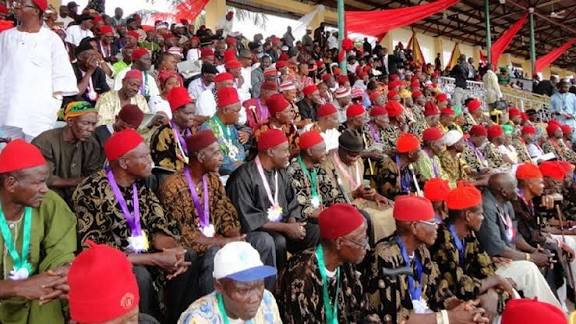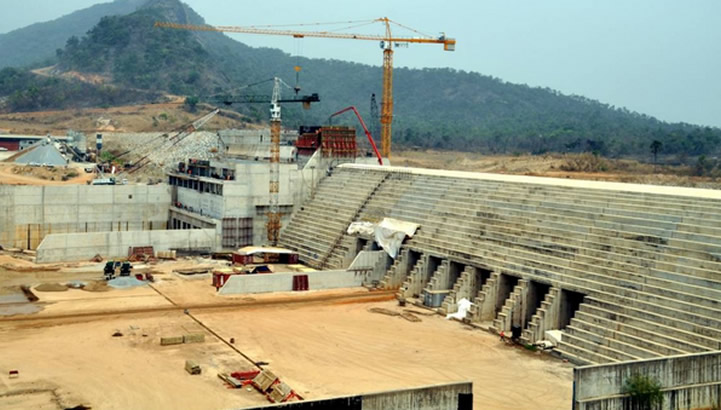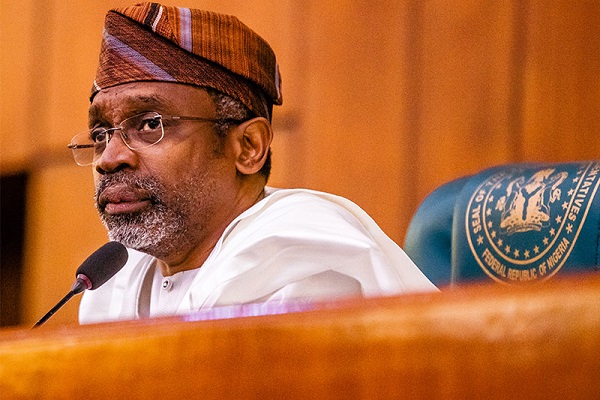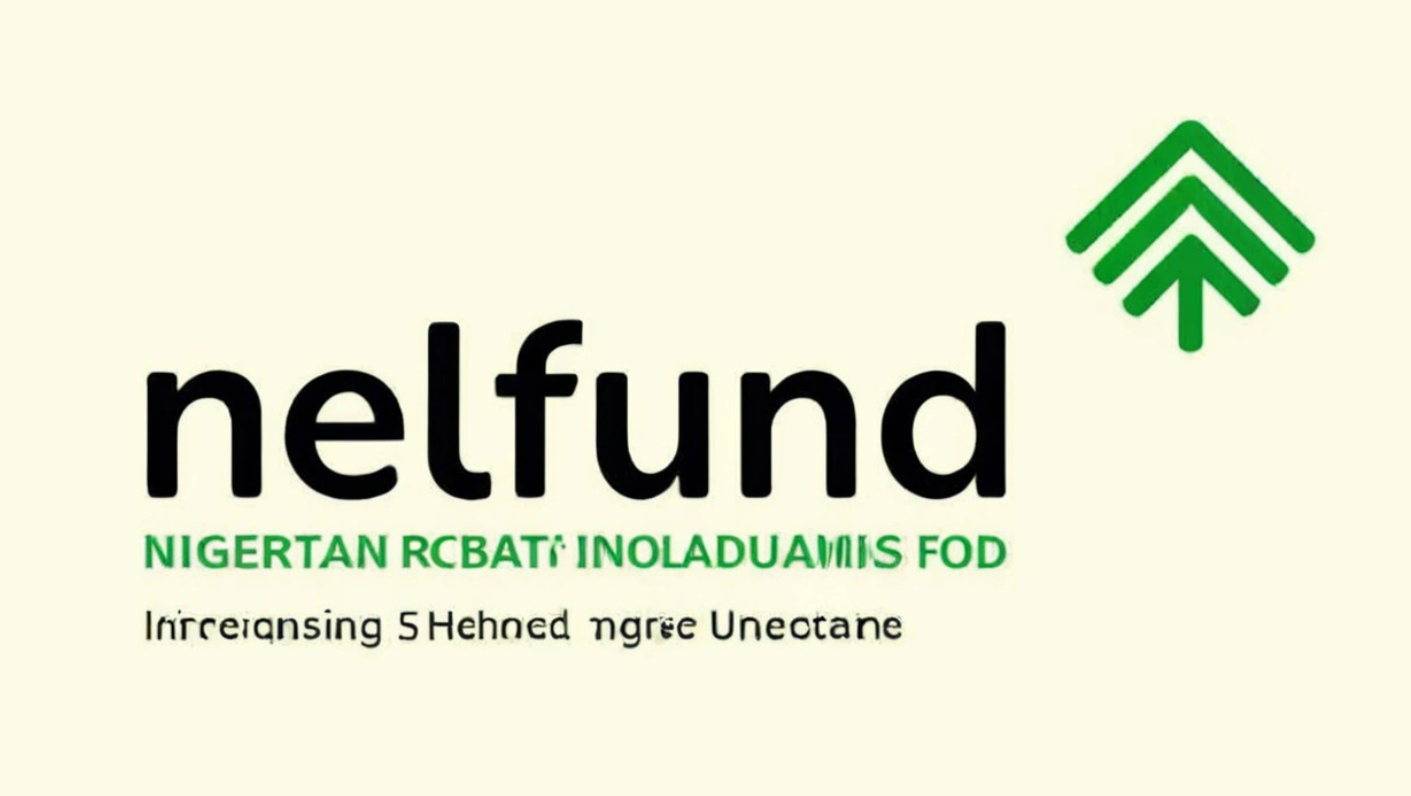By Onyedikachi Ifedi, Esq.
Nigeria’s post-colonial journey continues to reveal deep-seated mistrust among its southern peoples—an unfortunate legacy of history.
Each time a major media platform turns its searchlight on the Indigenous People of Biafra (IPOB), as The Nation did in its October 7, 2025 piece titled “IPOB and the Future of the South-East”, old suspicions between the Yoruba and the Igbo seem to resurface.
This recurring tension highlights how colonial narratives of division still shape national discourse. Instead of fostering solidarity on shared issues of governance, security, and regional development, public debates often return to ethnic blame games that serve no one’s long-term interest.
Historical evidence shows that mistrust between Nigeria’s southern ethnic groups did not arise naturally. It was deepened by colonial policies that encouraged competition and suspicion among communities for administrative convenience. The result was a structure that prioritized control over cooperation.
When colonial administrators described southern Nigeria as a “collection of mutually suspicious tribes,” they were setting the tone for a social order that discouraged unity. That colonial dynamic still echoes in modern media narratives, which sometimes frame southern political movements as rivals rather than as partners in progress.
The South-West and South-East share similar challenges—economic marginalization, insecurity, and uneven development. Yet, public conversations often divert from these common struggles to focus on internal criticisms. Such discourse weakens southern advocacy for justice, equity, and self-determination within the federation.
IPOB, regardless of one’s opinion about its methods or politics, represents a section of Nigerians demanding accountability and regional self-respect. Dismissing those demands entirely, without addressing the underlying grievances that fuel them, risks ignoring legitimate questions about governance and inclusion.
Rather than viewing IPOB as an adversary, its existence can serve as a mirror reflecting broader national discontent. Across Nigeria, frustration with governance, inequality, and insecurity has created various forms of activism. Recognizing this connection could help build understanding rather than deepen suspicion.
What IPOB’s persistence underscores is a wider desire among Nigerians for dignity, justice, and fair treatment. It calls for a dialogue about the country’s structure—not hostility between groups that face similar systemic challenges.
It is time for thought leaders, especially within the Yoruba and Igbo intelligentsia, to rise above inherited divisions and foster mutual understanding. The South has historically been a space of progress, creativity, and intellectual leadership. Reclaiming that legacy requires cooperation, not confrontation.
Southern unity does not mean uniformity. It means shared commitment to fairness, development, and justice. The real challenge is not between Igbo and Yoruba; it is the persistence of political systems and narratives that keep communities divided.
When Nigeria’s southern peoples rediscover the solidarity that once made them a force for reform, the entire nation will benefit. That rediscovery begins with empathy, honesty, and the courage to move beyond stereotypes.
Let those who seek a freer and fairer Nigeria work together. The time for old divisions has passed.
The writer is an Abuja-based human rights lawyer. He can be reached via onyekachiifedi2@gmail.com



